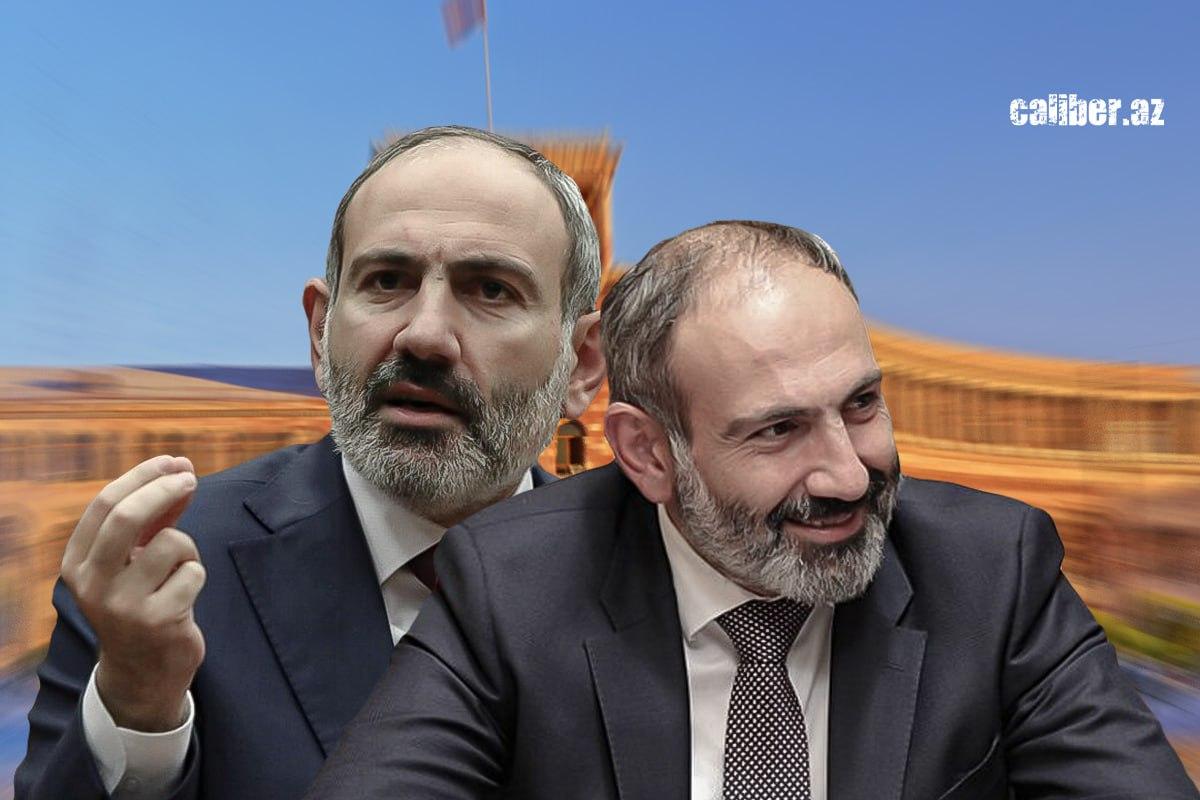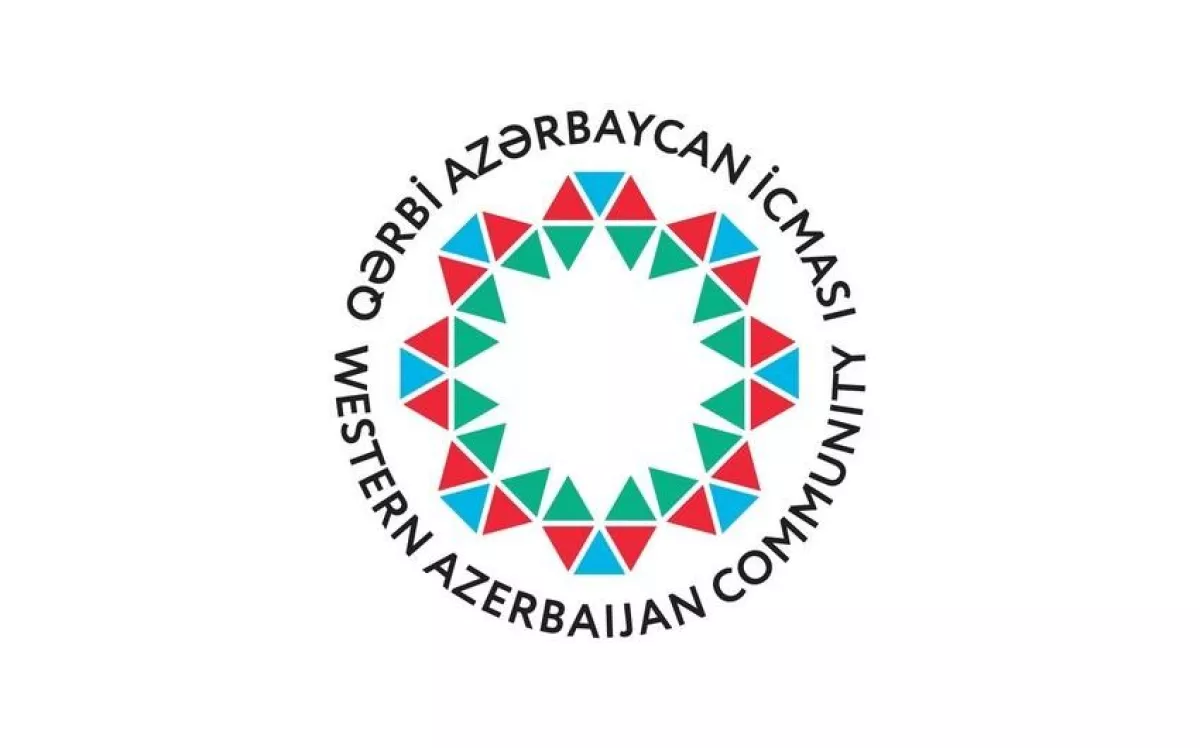Separatist surge: Armenia's risky play sparks potential Azerbaijani storm Iron Fist primed to crush revanchist ambitions
Armenia is once again engaging in provocative rhetoric, with former Karabakh separatist leader Samvel Shahramanyan challenging the dissolution of the separatist junta. Shahramanyan declared that the decree to dissolve the self-proclaimed separatist entity holds no legal validity and is unconstitutional. He argues that the decree was signed under duress to ensure the safety of local residents and asserts that Karabakh Armenians have a "strong desire to return and develop their homeland," contingent upon receiving "international guarantees." "Our return must be honourable," Shahramanyan insisted.
This is not Shahramanyan’s first foray into such provocative statements. Earlier this year, in an interview with the French publication Le Figaro, he similarly claimed that the dissolution decree was "the only way to protect his people".
Despite the implausibility of Shahramanyan's claims, it is evident that Armenia is engaging in a high-risk game with its "government-in-exile" gambit. Such actions are unlikely to alter the established power dynamics in the region; Azerbaijan has decisively defeated the Armenian forces in Karabakh and reasserted its territorial integrity and sovereignty. Nonetheless, Armenia, under the influence of its Western allies, persists in its attempts to maintain territorial claims over Azerbaijan, clinging to the unrealistic notion of "miatzum." The Armenian government refuses to amend its constitution, labeling it as an internal matter, while simultaneously maintaining the "office" of the former separatist junta in Karabakh, where Shahramanyan remains. This posture reflects Yerevan's ongoing support for separatism.

Nikol Pashinyan’s assurances that Armenia acknowledges Azerbaijan's territorial integrity appear increasingly hollow, revealing a facade of public diplomacy. This superficial commitment is contradicted by Armenia's ongoing expansionist stance, which is bolstered by external support. Western powers, particularly the US, EU, and France, are fueling Armenia's provocative actions against Azerbaijan. The influence of the Armenian diaspora has been instrumental in this, as evidenced by recent anti-Azerbaijani resolutions passed in the US Congress. Notably, in June, Congress members Anna Eshoo and Chris Smith introduced a bipartisan resolution condemning Azerbaijan's actions in Karabakh and advocating for the return of Karabakh Armenians to their homeland.
In contrast, the plight of Azerbaijani refugees from West Azerbaijan remains ignored by Western nations, highlighting a significant double standard. Western interests are clearly aligned against addressing this issue. In light of these developments, it is crucial for Azerbaijan to adopt a more strategic approach. Establishing a government-in-exile for West Azerbaijan and proposing the formation of a special commission in the Azerbaijani parliament could be pivotal. This commission should be led by deputies who, as children, experienced the consequences of Armenian aggression and were displaced from their ancestral lands. Such steps would provide a more structured response to the ongoing provocations and align with the broader goal of addressing the historical grievances of displaced Azerbaijanis.
By the way, the count of settlements in what is now Armenia, where the population experienced genocide between 1987 and 1991, has been detailed, and a list of Azerbaijanis displaced from their ancestral lands has been compiled. Milli Majlis deputy Aziz Alakbarli reports that the Western Azerbaijan Community has established concrete objectives, outlined in the Concept of Return to Western Azerbaijan, and is systematically working towards achieving them.

In response to Shahramanyan's remarks, the Western Azerbaijan Community has vehemently denounced the provocative rhetoric of Armenia's revanchist factions and remnants of the separatist regime that threaten Azerbaijan's sovereignty and territorial integrity. These groups, bolstered by their Western supporters, cling to the hope of "returning to Karabakh under international guarantees" while denying the right of return to the displaced people of Western Azerbaijan.
“We have repeatedly urged the Armenian government to take action against forces on its territory that undermine Azerbaijan's sovereignty,” the Community stated. “Instead of addressing these issues, the Armenian government pays lip service to peace while actively supporting anti-Azerbaijani initiatives. The continued existence of the so-called ‘repatriation commission,’ led by a former Foreign Minister and backed by separatist remnants claiming to be a ‘government in exile,’ is unacceptable.”
The Community warned that if Armenia persists in this hazardous policy, they will initiate efforts to establish a government of West Azerbaijan in exile within Azerbaijan. They will also propose to the Milli Majlis the creation of a parliamentary commission dedicated to the return to Western Azerbaijan.
We observe that Armenia’s recent actions, including heightened militarization, joint military exercises with the U.S., an expanding EU military intelligence mission, and the current controversy surrounding the dissolution of the separatist entity in Karabakh, indicate preparations for a potential new conflict. It is important to recall that since its significant defeat at the end of the 44-day war in Karabakh in 2020, Armenia has repeatedly instigated military provocations against Azerbaijan, particularly in September. Armenia must understand that engaging in another conflict with Azerbaijan will likely lead to another defeat. The "iron fist" remains in place and is poised to demonstrate its might to any provocateurs. If Armenia seeks additional troubles, it will find them in abundance. Armenia should avoid further risks to prevent transforming from a “country of stones” into a barren land of sand.








